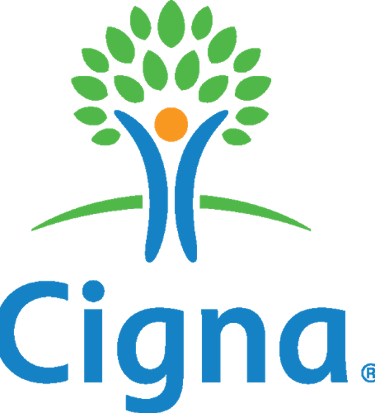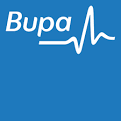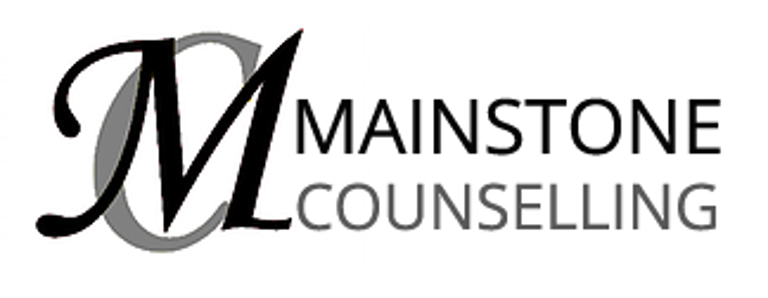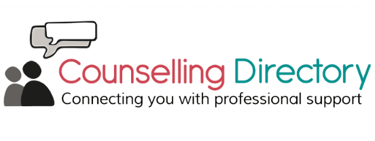Recommended Reads for Healing, Growth, and Self-Understanding
Reccomended reading books
Jodie Mainstone
8/24/20253 min read


Recommended Reads, resources and workbooks for Healing, Growth and Self-Understanding
Books can be helpful additions to therapy. Whether you are exploring identity, navigating trauma, learning emotional regulation skills, supporting a child, or working on your relationship with food, substances or others, the right words can stay with you, offering insight and reassurance long after a session ends.
This collection brings together a few books and resources that have been chosen for their ability to support healing and self-awareness with compassion and respect.
Here are my top recommendations across key areas of therapy with notes to help you find the most relevant.
CBT tools for emotional wellbeing
Mind Over Mood by Dennis Greenberger and Christine Padesky is a structured CBT workbook that many therapists use with clients. It includes step by step plans and proven practical strategies to manage depression and anxiety.
DBT tools for emotional wellbeing
The Dialectical Behaviour Therapy Skills Workbook by Matthew McKay, Jeffrey Wood and Jeffrey Brantley teaches core DBT skills including interpersonal effectiveness, mindfulness, emotional regulation and distress tolerance in a clear and supportive way.
The DBT Workbook for Emotional Relief by Sheri Van Dijk is a more accessible introduction to DBT skills, ideal for clients feeling overwhelmed or new to therapeutic tools.
The Neurodivergent friendly workbook of DBT skills by Sonny Jane Wise. This workbook has been reframed to be neurodivergent friendly and affirming.
Parenting and Neurodivergent -Affirming Support
The Explosive Child by Ross Greene offers a compassionate and collaborative approach to parenting children who experience emotional intensity. While it is trauma-informed and inclusive, it is not written by a neurodivergent author but none the less is helpful.
Your Child Is Not Broken by Heidi Mavir- a honest account of the heartbreak of raising neurodivergent children in a neurotypical world whilst navigating ableism, parent blame and other people's opinions.
Changing Our Minds by Naomi Fisher, a neurodivergent educator, is strongly neurodivergent -affirming and challenges traditional views of learning and development.
NeuroTribes by Steve Silberman offers a broader cultural and historical perspective on autism and is highly inclusive.
Neurodivergent Mental Health and Identity
Neurodivergent Insights is a website by Dr Megan Anna Neff, a neurodivergent clinical psychologist. It is an accessible and affirming resource giving language to experiences like masking and sensory overwhelm. She has produced many incredibly helpful workbooks on topics ranging from neurodivergent burnout to executive functioning and more. I highly recommend going to her website and taking a look at all she has available to buy and download.
Divergent Mind by Jenara Nerenberg explores how sensitive and neurodivergent women are often misdiagnosed or misunderstood. It is both neurodivergent-authored and inclusive.
Now It All Makes Sense by Alan Partridge. A deep dive into ADHD in a relatable and honest audiobook which also celebrates the unique skillsets and strengths of being an ADHDer.
Loud Hands: Autistic People, Speaking, edited by Julia Bascom, is a collection of essays by neurodivergent voices offering diverse and empowering perspectives.
Trauma, Dissociation and Recovery
The Body Keeps the Score by Bessel van der Kolk is a trauma-informed classic exploring how trauma is stored in the body, although it has faced critique for limited cultural context.
What My Bones Know by Stephanie Foo is a powerful and intersectional memoir by a woman of colour living with complex PTSD.
Healing the Fragmented Selves of Trauma Survivors by Janina Fisher offers a compassionate introduction to parts work and dissociation.
Supplement: Black Pain by Dr Terrie M. Williams provides a vital perspective on racial trauma and healing from a Black woman’s experience.
Eating Disorders and Body Trust
Life Without Ed by Jenni Schaefer offers a personal and practical recovery guide that is affirming and hopeful.
Sick Enough by Dr Jennifer Gaudiani, a medical doctor, challenges assumptions about who deserves care and promotes compassion for all bodies.
Reclaiming Body Trust by Hilary Kinavey and Dana Sturtevant is a trauma-informed, weight-inclusive guide to healing from diet culture.
Spirituality, Meaning and Identity
When Bad Things Happen to Good People by Harold Kushner offers gentle spiritual reflections on suffering and loss from a Jewish perspective.
Relationships, Attachment and Emotional Connection
Attached by Amir Levine and Rachel Heller introduces attachment theory clearly and accessibly, though it defaults to heteronormative perspectives.
Polysecure by Jessica Fern expands attachment theory to include non-monogamous and neurodivergent relationships with a trauma-informed lens.
Hold me tight by Dr Sue Johnson focuses on emotional connection and building secure relationships.
Anti-Racism and Anti-Oppression
Me and White Supremacy by Layla Saad, a Black woman, is a reflective workbook designed to help readers unpack privilege and commit to anti-racist action.
How to Be an Antiracist by Ibram X. Kendi is a foundational anti-racist text exploring both personal and systemic racism.

Therapy Enquiries
© 2025. All rights reserved.
Website by Avefinity
Supervision and Training Enquiries and Website











Mainstone Counselling Ltd is a company registered in England and Wales with company number 11338192. Registered Office 27 Avenue Mansions, Finchley Road NW3 7AX


